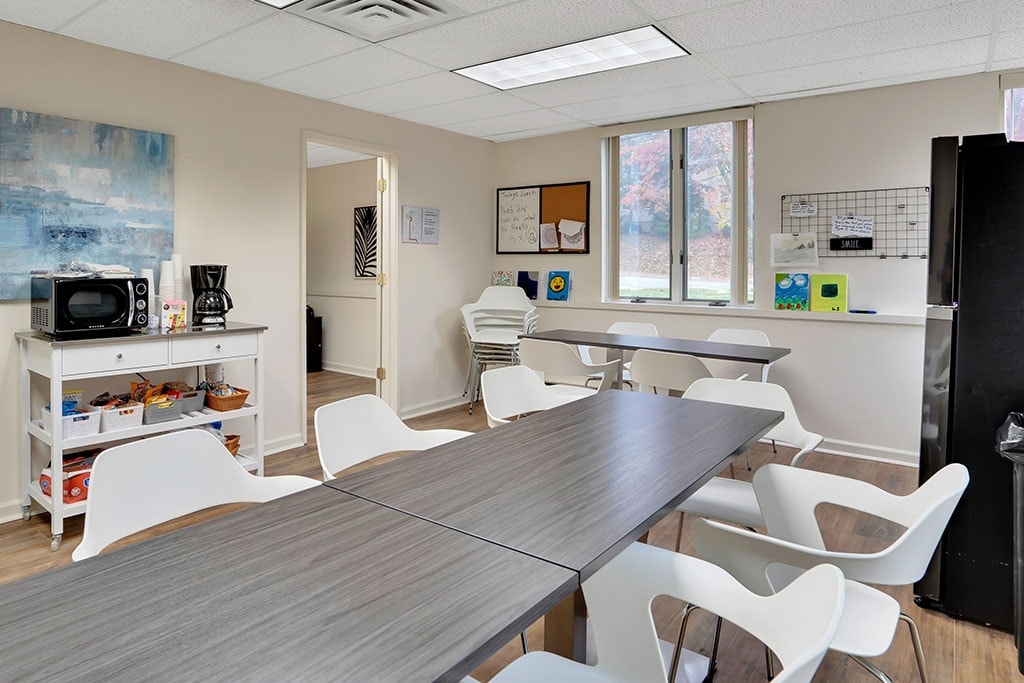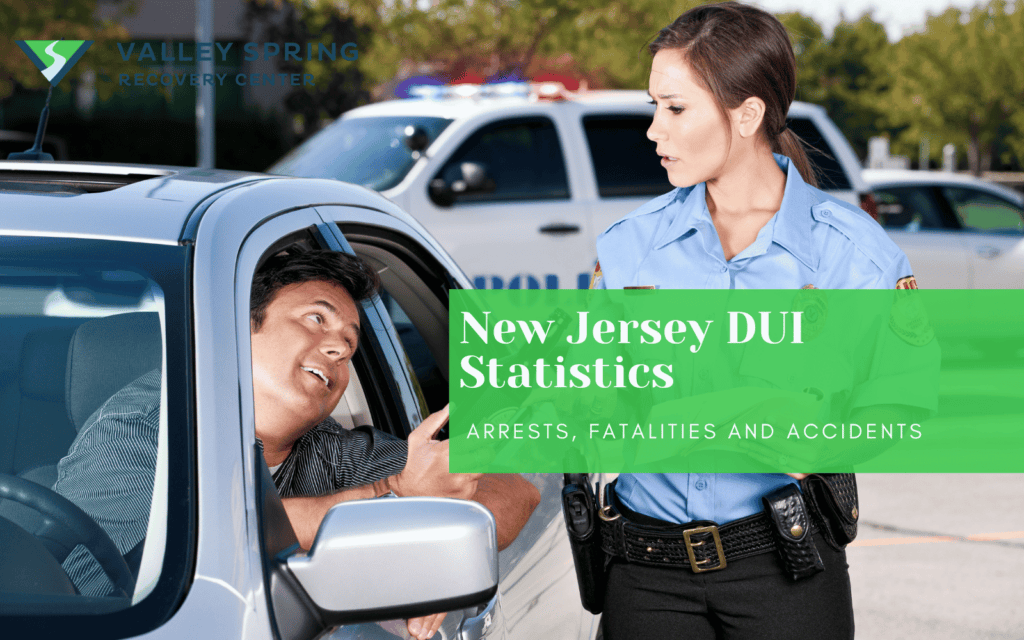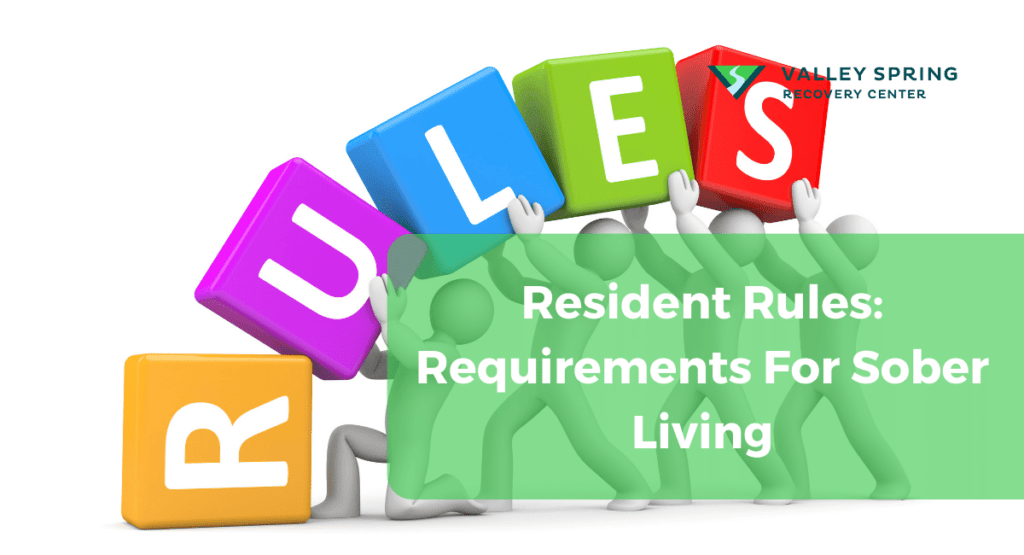At Valley Spring Recovery Center, we acknowledge the multifaceted nature of addiction and are happy to offer simultaneous treatment for substance use disorder and co-occurring mental health conditions. For many of our clients in Bergen County, NJ, substance use disorders do not exist in isolation and co-occur with mental health disorders. Our comprehensive approach to treatment focuses on addressing the whole person, ensuring that both the addiction and the underlying mental health issues are treated concurrently, paving the way for lasting recovery.
Many times, mental health conditions are left undiagnosed or untreated which leads to a prolonged cycle of addiction which can have devastating effects on the addicted individual and their loved ones which is why all of our programs start with comprehensive diagnostic testing and treatment plans that provide individualized care and address complex mental health needs.
What Is Dual Diagnosis?
Dual diagnosis refers to the coexistence of a substance use disorder (such as alcohol or drug addiction) and a mental health disorder in an individual. This condition is also sometimes referred to as co-occurring disorder or comorbidity. The key aspects of dual diagnosis include:
- Simultaneous Disorders: The individual has both a mental health issue (like depression, anxiety, bipolar disorder, or schizophrenia) and an addiction to alcohol, drugs, or a behavior (such as gambling).
- Interconnected Symptoms: The symptoms of one disorder (either mental illness or substance abuse) can exacerbate and influence the other. For example, someone with a mental health condition might use drugs or alcohol as a form of self-medication, which in turn can worsen their mental health symptoms.
- Complex Treatment Needs: Treating a dual diagnosis is more complex than addressing a single disorder. Effective treatment must consider both the mental health condition and the addiction.
- Variability of Symptoms: The severity and type of symptoms can vary widely among individuals with dual diagnoses. One disorder might be more dominant or noticeable than the other, or both may be equally severe.
- Challenges in Diagnosis and Treatment: Dual diagnosis can be hard to diagnose due to the overlapping symptoms of mental illness and substance abuse. Additionally, treatment is often more challenging, requiring integrated and specialized care.
- Holistic Approach to Treatment: Successful treatment typically involves a combination of therapies, including detoxification, rehabilitation, psychiatric treatment, and support groups, addressing both mental health and substance use.
Understanding and effectively treating dual diagnosis is crucial, as untreated co-occurring disorders can lead to a worsening of both conditions and a reduced quality of life. Integrated treatment plans that address both issues simultaneously are considered the most effective approach for individuals with a dual diagnosis.
Why is Integrated Mental Health And Addiction Treatment Important?
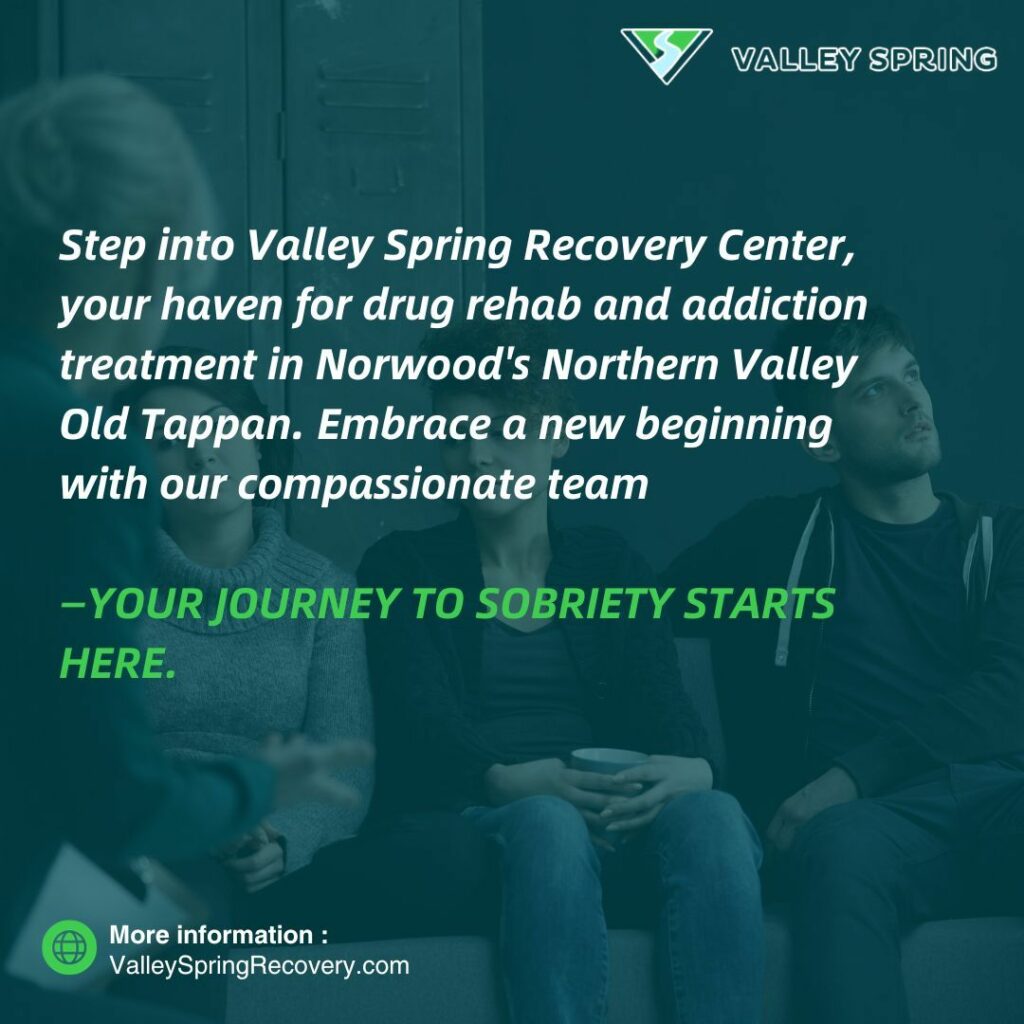
When a person suffers from co-occurring disorders, treating only one aspect of their condition can leave them vulnerable. Failing to address the underlying mental health issue during outpatient treatment may lead to a relapse into substance use and vice versa. An integrated approach:
- Holistic Healing: By addressing both disorders, we ensure that the root causes and their manifestations are treated, facilitating a more comprehensive recovery.
- Reduced Relapse Risk: Tackling both conditions reduces the risk of relapse stemming from untreated symptoms of either disorder.
- Personalized Care: Our team creates a tailored plan that considers the unique challenges and needs of individuals with co-occurring disorders.
What is the right approach to Dual Diagnosis Treatment?
Our Dual Diagnosis Treatment Center In New Jersey Follows The Guidelines Listed Below:
1. Assessment & Diagnosis
Every journey at Valley Spring begins with a thorough assessment. This helps us identify the presence of co-occurring disorders and craft a treatment plan that addresses both.
2. Integrated Therapy
Our skilled therapists utilize evidence-based therapies, such as Cognitive Behavioral Therapy (CBT) and Dialectical Behavior Therapy (DBT), to treat both the substance use disorder and the co-existing mental health condition.
3. Medication Management
Where necessary, our psychiatric team will recommend and oversee medication to manage and alleviate symptoms of mental health disorders, always ensuring they align with addiction recovery goals.
4. Group Therapy & Peer Support
Engaging with peers facing similar challenges can be incredibly therapeutic. Group therapy offers a space for shared experiences, understanding, and mutual support.
5. Continued Care
Recovery is an ongoing process. Post-treatment, we offer resources and support to ensure that our clients maintain their recovery and mental well-being.
Who Needs Dual Diagnosis Treatment?
Dual diagnosis treatment is necessary for individuals who simultaneously suffer from a substance use disorder (like alcoholism or drug addiction) and a mental health disorder (such as depression, anxiety, bipolar disorder, schizophrenia, or post-traumatic stress disorder). Our Dual Diagnosis treatment center in New Jersey identifies dual diagnosis through comprehensive clinical and psychiatric evaluation at the onset of treatment. Identifying who needs this specialized treatment involves considering several factors:
- Co-Occurring Disorders: The most straightforward indicator for dual diagnosis treatment is the presence of both a mental health issue and a substance abuse problem. Often, these conditions interact with and exacerbate each other.
- History of Treatment Resistance: Individuals who have sought treatment for either substance abuse or mental health issues in the past but have not achieved lasting recovery may need a dual diagnosis approach. Treatment resistance in such cases often arises because only one aspect of the individual’s condition has been addressed.
- Self-Medication: People who use alcohol or drugs to cope with symptoms of a mental health condition, such as anxiety, depression, or mood swings, may require dual diagnosis treatment. Substance use might initially alleviate symptoms but ultimately leads to more severe mental health issues and substance dependence.
- Psychiatric Symptoms with Substance Use: Those who exhibit psychiatric symptoms that persist during periods of sobriety or are exacerbated by substance use might benefit from a dual diagnosis approach.
- Complicated Medical History: Individuals with a complex medical history involving mental health issues and substance abuse often require more comprehensive treatment plans that address both conditions simultaneously.
- Recurring Relapses: If someone experiences repeated relapses after treatment for addiction or mental health disorders, it could indicate underlying issues that would be addressed in dual diagnosis treatment.
- Social and Functional Impairment: People who experience significant social, occupational, or functional impairment due to their mental health and substance use issues may need a more integrated treatment approach.
- High-Risk Behaviors: Engagement in high-risk behaviors, such as reckless driving, unsafe sex, or self-harm, in conjunction with substance abuse and mental health symptoms, can be a sign that dual diagnosis treatment is needed.
What Makes Us Different
Valley Spring Recovery Center is a boutique addiction and mental health treatment center located in Bergen County North Jersey. We do real work here and our patients experience real recovery. We offer a variety of outpatient treatment services for substance use and co-occurring mental health disorders. We’re committed to providing you with individualized care because we believe that person-centered treatment should focus on healing the complete individual.
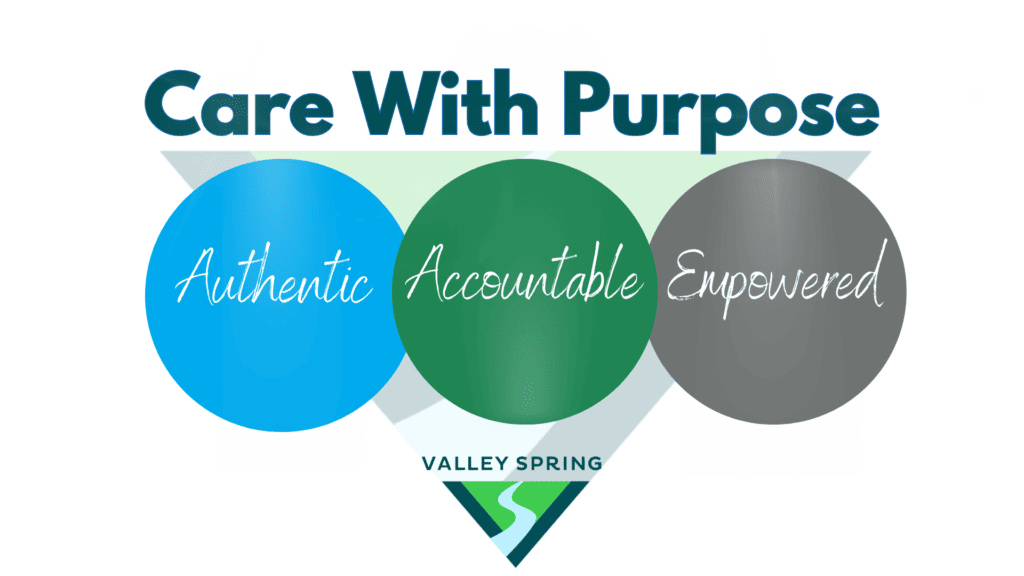
Valley Spring Recovery Center is committed to addressing issues head-on. Our goal is not for everyone to leave each therapy session happy, it’s our goal to do real work that results in real recovery. Healing and addressing the underlying issues that cause addiction are not commonly solved by co-signing negative behavior patterns.
FAQs About Dual Diagnosis Treatment
What Qualifies Your Staff To Treat Co-Occuring Disorders?
Our treatment team consists of a medical director, clinical director, nurse practicioners and trained clinicians as well as support staff. We are well versed in mental health and substance use disorder treatment which makes Valley Spring Recovery Center well suited to help individuals dealing with complex mental health and addiction-related issues.
What Is The Difference Between Dual Diagnosis Treatment and only Primary Addiction Treatment Protocols?
The approach to treatment in dual diagnosis cases differs significantly from that of primary addiction treatment, primarily because it addresses both substance abuse and co-occurring mental health disorders. Here are some of the key differences in protocols: Dual Diagnosis Treatment Protocols:
- Integrated Assessment: Dual diagnosis treatment begins with a comprehensive assessment that evaluates both addiction and mental health conditions to create a tailored treatment plan.
- Simultaneous Treatment: Both the addiction and the mental health disorder are treated simultaneously, often by a multidisciplinary team that includes psychiatrists, psychologists, and addiction specialists.
- Medication Management: Psychotropic medications may be prescribed to manage mental health symptoms, alongside medications that assist in addiction treatment.
- Holistic Therapies: Treatment often includes a range of therapies like Cognitive Behavioral Therapy (CBT), Dialectical Behavior Therapy (DBT), and Eye Movement Desensitization and Reprocessing (EMDR) that address both addiction and mental health.
- Family Involvement: Family therapy is often included to address the impact of both the addiction and the mental health disorder on the family unit.
- Long-term Aftercare: Given the complexity of dual diagnosis, long-term aftercare and support are often recommended to manage both conditions effectively.
Primary Addiction Treatment Protocols:
- Focused Assessment: The assessment primarily focuses on the extent and nature of the addiction.
- Addiction-Centric Treatment: Treatment is geared solely towards addressing substance abuse, often through detoxification and behavioral therapies.
- Limited Medication: Medication is generally limited to those that assist in detoxification and withdrawal symptoms.
- Single-Discipline Approach: Treatment is often overseen by addiction specialists, without the need for a multidisciplinary team.
- Shorter Duration: Given the singular focus, the duration of treatment may be shorter, and aftercare is often less comprehensive.
What Treatment Programs Address Dual Diagnosis Disorders?
Dual-diagnosis disorders can be addressed at any level of care and are dependent upon the diagnosis of the individual struggling with addiction and mental health issues and the severity and category of both disorders.
Partial Hospitalization programs have more time to address mental health disorders since treatment is more intensive than IOP and OP treatment.
What To Expect from Our Dual Diagnosis Treatment Program?
-
Thorough Assessment: The treatment usually begins with a detailed evaluation of both the mental health and substance use issues. This assessment helps in creating a personalized treatment plan that addresses the specific needs of the individual.
-
Detoxification (If Necessary): If physical dependence on a substance is present, a medically supervised detox process may be the first step. This phase is designed to safely manage withdrawal symptoms.
-
Integrated Treatment Plan: The core of dual diagnosis treatment is an integrated approach that treats both disorders concurrently. This plan often includes a combination of medication management, psychotherapy, and support services.
-
Individual Therapy: Participants typically engage in regular individual therapy sessions. Therapies like Cognitive Behavioral Therapy (CBT) are common and help in addressing the thought patterns and behaviors contributing to both the mental health condition and substance abuse.
-
Group Therapy: Group therapy sessions provide peer support and allow individuals to share experiences, learn from others, and develop social skills within a supportive community.
-
Family Therapy: In many cases, family therapy is part of the treatment, helping to heal relationships and improve the support system of the individual.
-
Medication Management: For some, medications may be prescribed to manage symptoms of mental health disorders, withdrawal symptoms, or cravings related to substance use.
-
Holistic Therapies: Many programs incorporate holistic therapies such as yoga, meditation, art therapy, or acupuncture to support overall well-being and recovery.
-
Relapse Prevention Education: Skills and strategies to prevent relapse are a critical component of dual diagnosis treatment. This may include identifying triggers, developing healthy coping mechanisms, and planning for ongoing support.
-
Aftercare Planning: As treatment concludes, a comprehensive aftercare plan is developed. This plan may include ongoing therapy, support groups, and other recovery resources to support long-term sobriety and mental health management.
-
Ongoing Support: Many programs offer ongoing support or follow-up care after the completion of the treatment. This support is crucial for maintaining recovery and managing the symptoms of mental health disorders over the long term.
Participants in our NJ dual diagnosis treatment program should expect a compassionate, respectful, and non-judgmental environment where both their mental health and substance use disorders are treated with equal importance. The goal is not only to achieve sobriety but also to improve mental health and overall quality of life.
Begin Your Integrated Journey to Recovery In Northern New Jersey With Our Dual Diagnosis Treatment Program
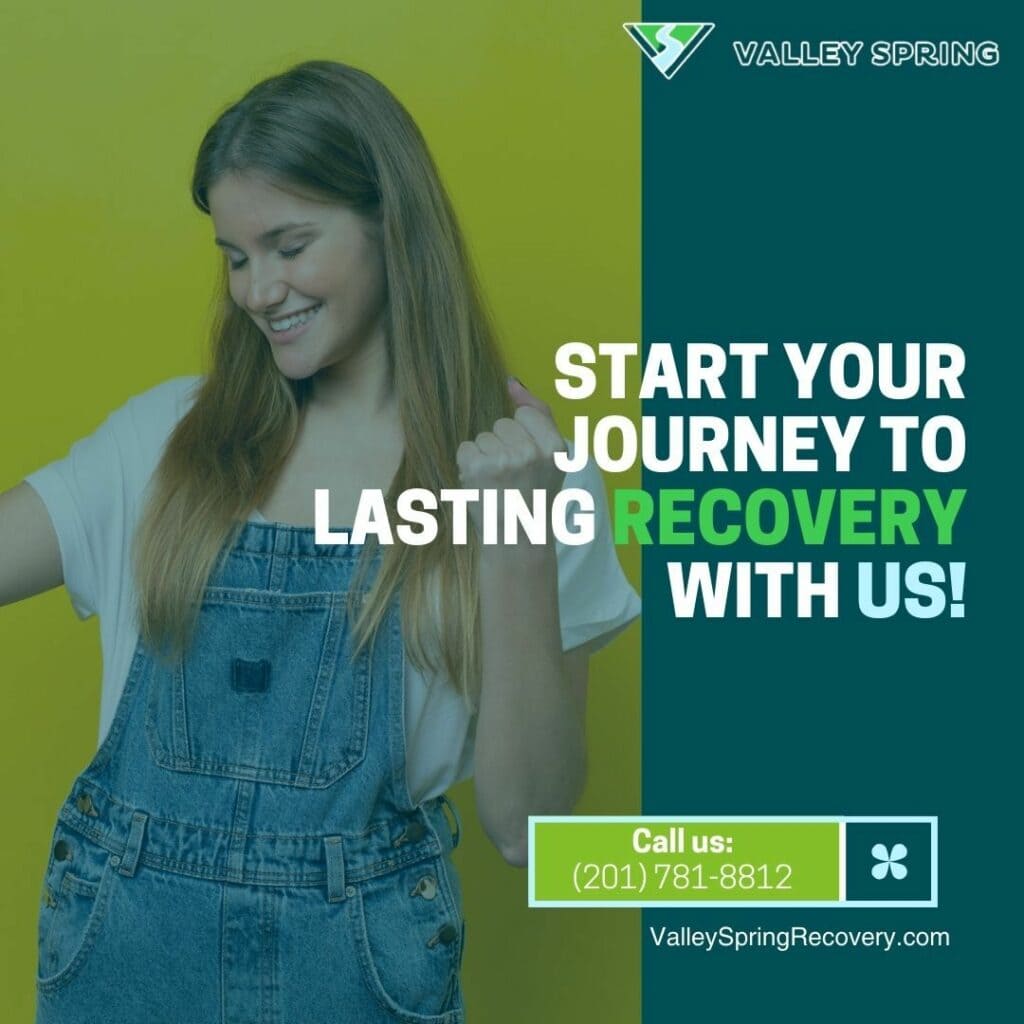
If you or a loved one is navigating the challenging terrains of co-occurring disorders, know that there’s hope. At our Northern New Jersey Drug and Alcohol Rehab, we believe in the possibility of full recovery, no matter how intertwined the disorders might seem. Let us guide you on a holistic path to healing, addressing every aspect of your well-being.
Reach out to us today to learn more about our specialized addiction treatment therapies for co-occurring disorders and take the first step towards a brighter future

